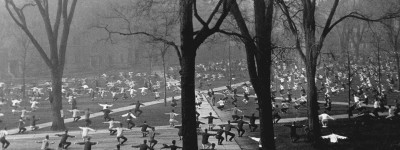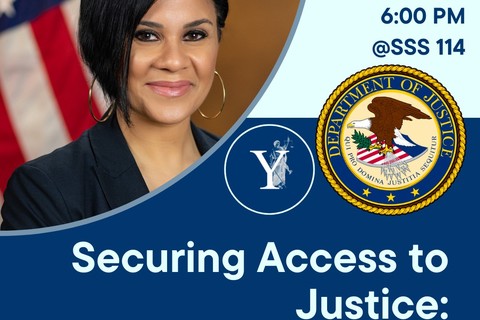Government roles within the United Stated include opportunities with federal, state, local, and tribal agencies. In addition there are numerous employment opportunities in the private or nonprofit sectors working on behalf of various government agencies.
For those interested in public service work, it’s important to think about responsible engagement. Review this page on Planning Public Service Projects to learn more about what responsible engagement looks like and how you can develop a plan that aligns well for you and the community you plan to serve.













